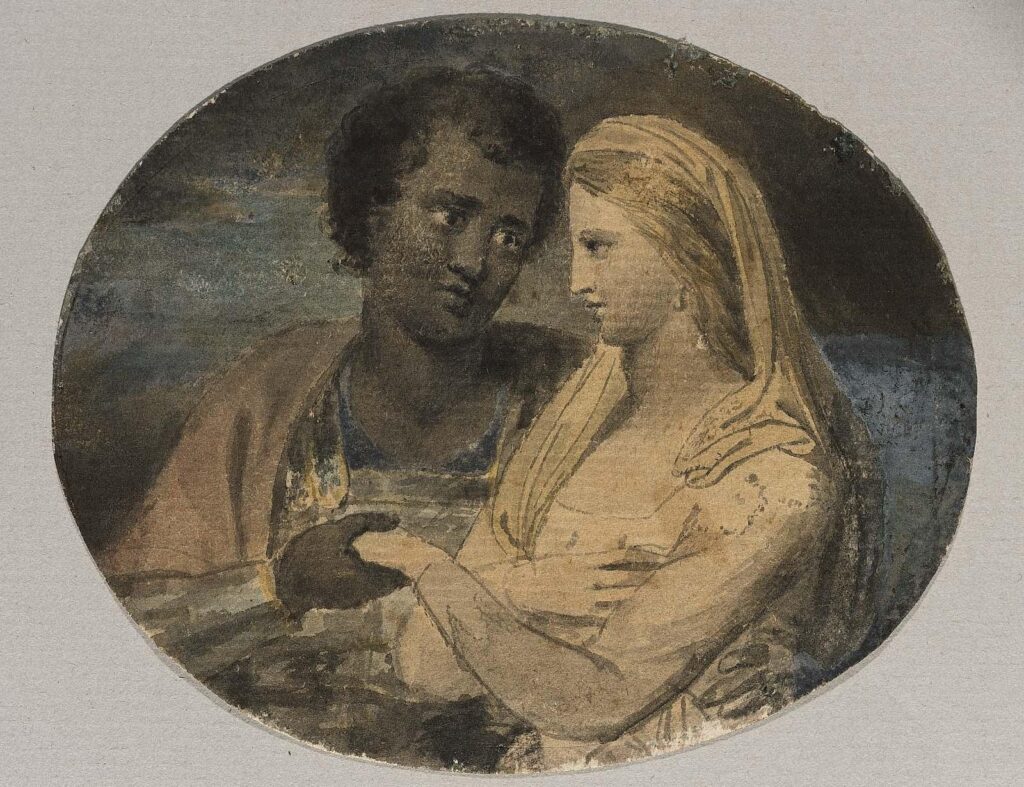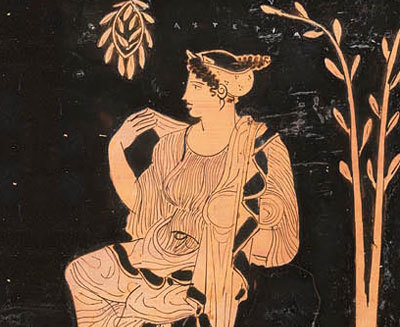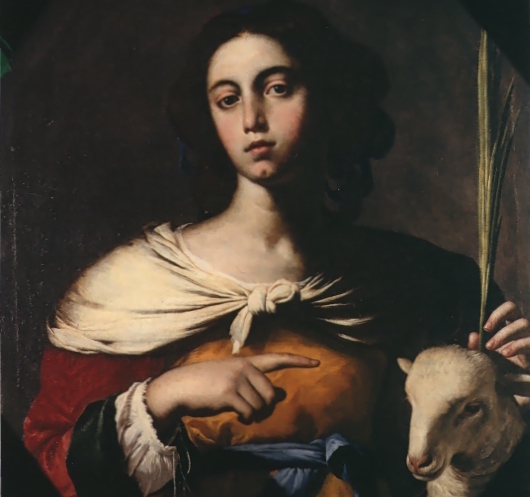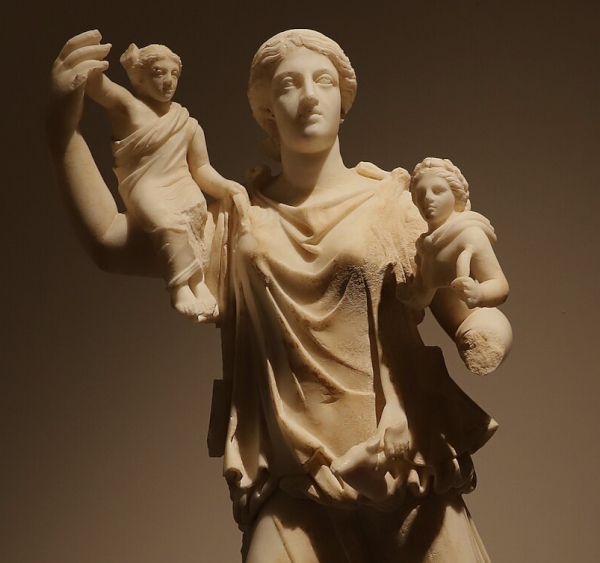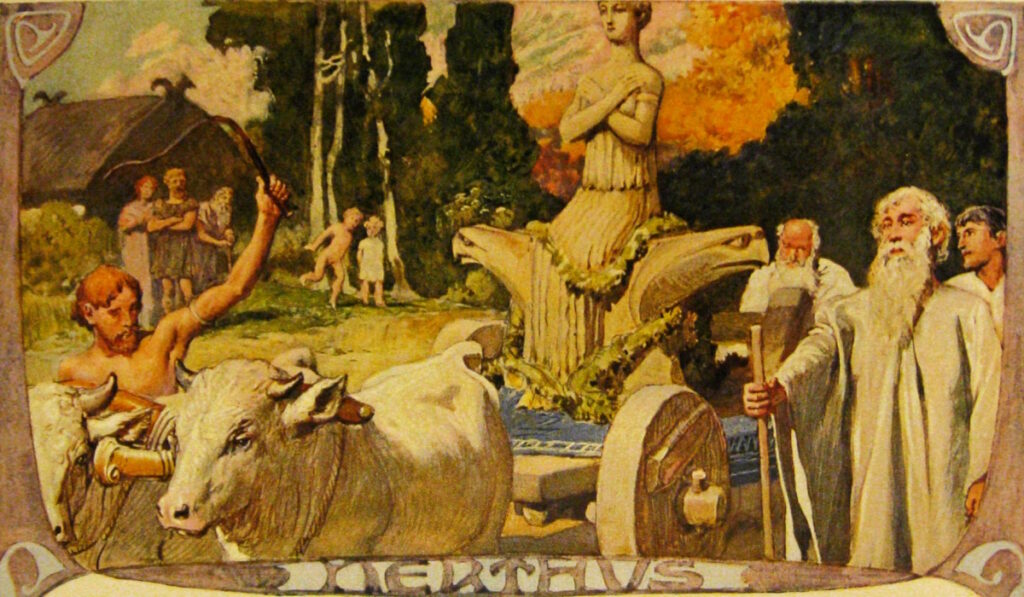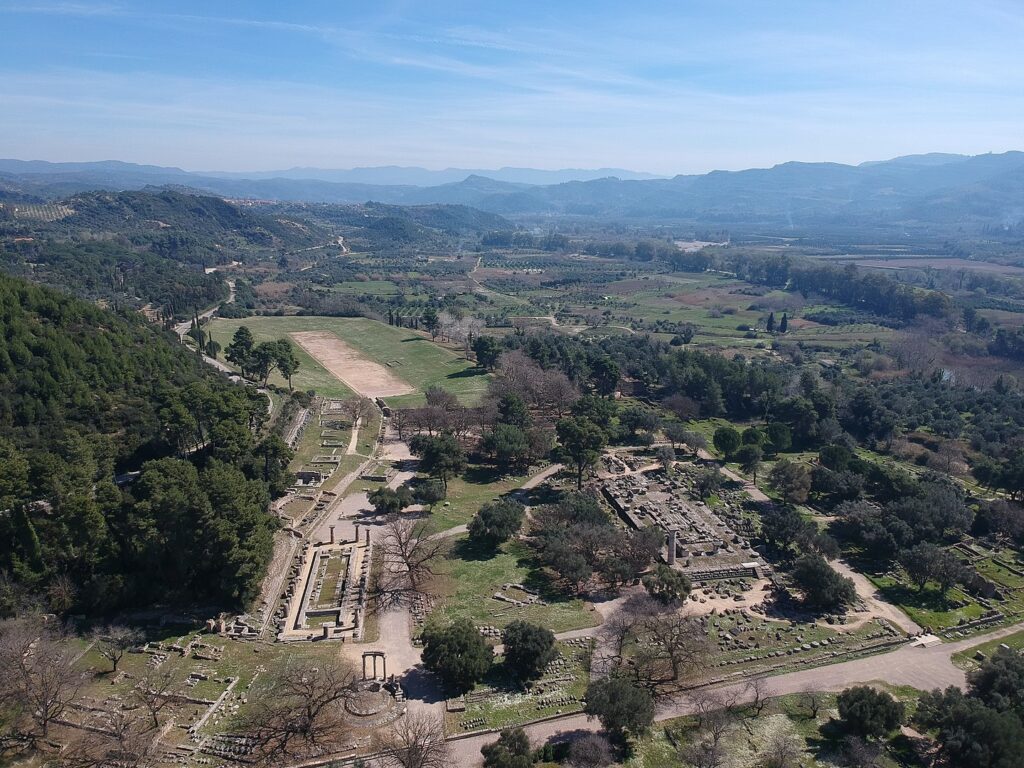Focus On: (713) Luscinia
Name origin: The genus Luscinia, which contains the common nightingale and three other living species. These are migratory birds originating from Europe and Asia, occurring at various latitudes but more prevalent in temperate regions. The common nightingale is renowned for its powerful and beautiful song.



